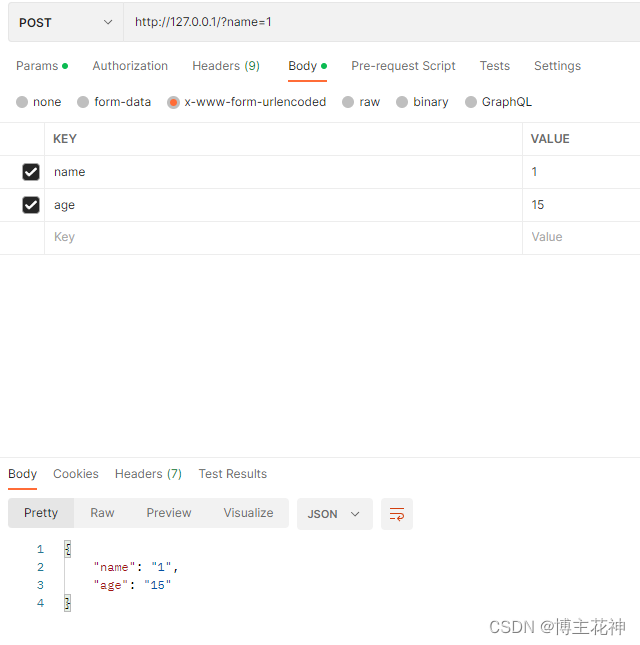基本介绍
接口是一个数据类型,可以定义一组方法,但都不需要实现。并且interface中不能包含任何变量。到某个自定义类型要使用的时候,再根据具体情况把这些方法实现出来
语法
type 接口名 interface {
method1(参数列表) 返回值列表
method2(参数列表) 返回值列表
}
说明:
接口申明中所有的方法,都没有方法体,即接口中的方法都是没有实现的方法。接口体现了程序设计的多态和高内聚低耦合的思想
golang中的接口不需要显式的实现,只要一个变量含有接口类型中的所有方法,那么这个变量就实现了这个接口
入门示例
package main
import "fmt"
// 声明一个Usb接口
type Usb interface {
Start()
Stop()
}
// 定义一个手机结构体
type Phone struct {
}
// 手机结构体实现接口方法
func (p Phone) Start() {
fmt.Println("手机开始工作...")
}
func (p Phone) Stop() {
fmt.Println("手机停止工作...")
}
// 定义一个相机结构体
type Camera struct {
}
// 相机结构体实现接口方法
func (c Camera) Start() {
fmt.Println("相机开始工作...")
}
func (c Camera) Stop() {
fmt.Println("相机停止工作...")
}
// 定义一个电脑结构体
type Computer struct{}
// 电脑结构体绑定方法,接受Usb接口参数
func (c Computer) Working(usb Usb) {
usb.Start()
usb.Stop()
}
func main() {
phone := Phone{}
camera := Camera{}
computer := Computer{}
computer.Working(phone)
computer.Working(camera)
}
接口细节
接口本身不能创建实例,但是可以指向一个实现了该接口的自定义类型的变量


接口中所有的方法都没有方法体
在Golang中,一个自定义类型要实现某个接口,该自定义类型需要将接口的所有方法都实现
一个自定义类型只有实现了某个接口,才能将该自定义类型的实例(变量)赋给给接口。案例详见1
只要是自定义类型就可以实现接口,不仅仅是结构体类型
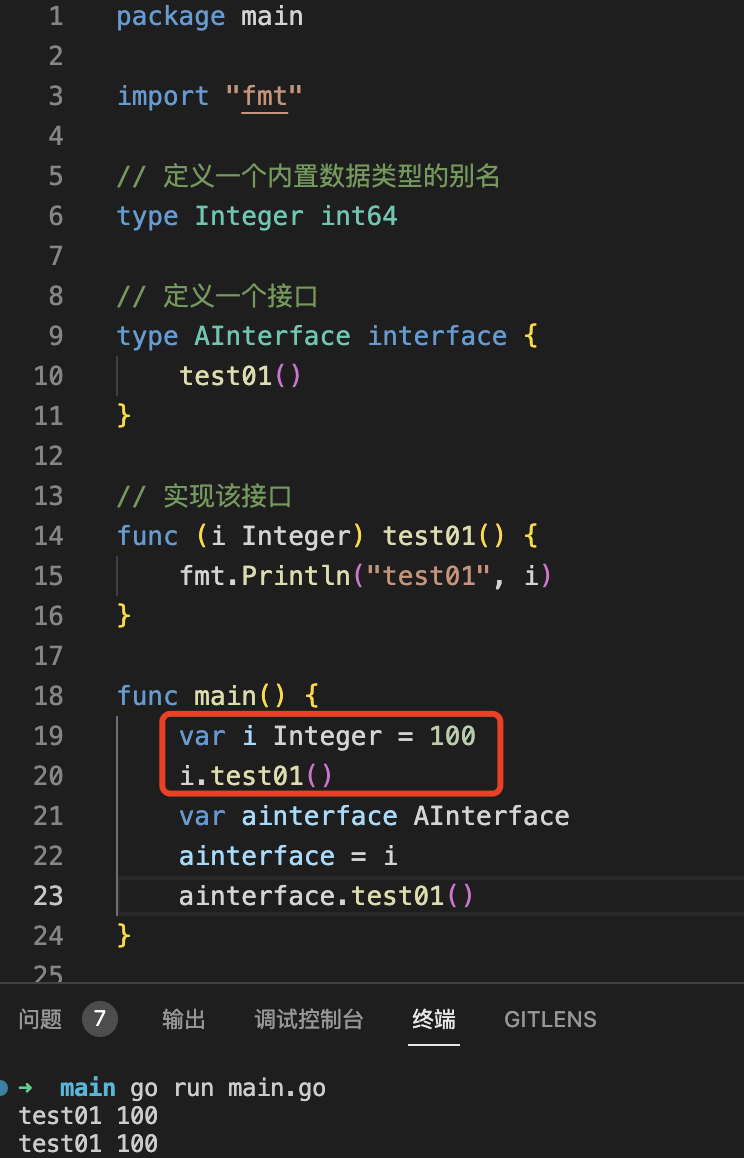
一个自定义类型可以实现多个接口
package main
import "fmt"
// 定义接口AInterface
type AInterface interface {
Hello()
}
// 定义解决BInterface
type BInterface interface {
World()
}
// 定义结构体类型,同时实现接口AInterface、BInterface
type AStruct struct {
}
// 实现接口AInterface
func (a AStruct) Hello() {
fmt.Println("Hello")
}
// 实现接口BInterface
func (a AStruct) World() {
fmt.Println("World")
}
func main() {
// a同时实现了接口AInterface、BInterface
a := AStruct{}
a.Hello()
a.World()
var ainterface AInterface
ainterface = a
ainterface.Hello() // AInterface只能调用自己定义的方法
var binterface BInterface
binterface = a
binterface.World() // BInterface只能调自己定义的方法
}
接口定义中不能有任何变量
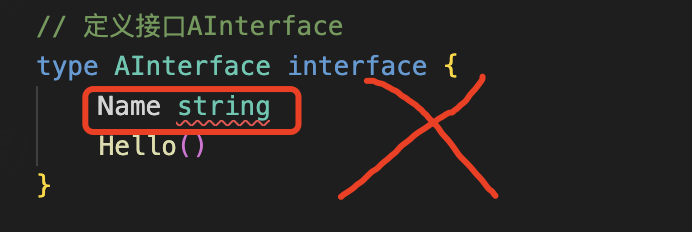
一个接口(比如A接口)可继承多个别的接口(比如B,C接口),这时要实现A接口,也必须将B,C接口的方法全部实现
package main
import "fmt"
type B interface {
b()
}
type C interface {
c()
}
// A接口继承了B,C接口
type A interface {
B
C
a() // A接口自定义方法
}
type Stu struct{}
func (stu Stu) a() {
fmt.Println("a")
}
func (stu Stu) b() {
fmt.Println("b")
}
func (stu Stu) c() {
fmt.Println("c")
}
func main() {
stu := Stu{}
stu.a()
stu.b()
stu.c()
fmt.Println("-----------")
var a A
a = stu
a.a()
a.b()
a.c()
}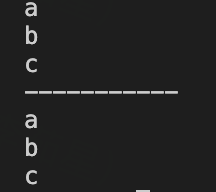
interface类型默认是一个指针(引用类型),如果没有对interface初始化就使用,会输出nil
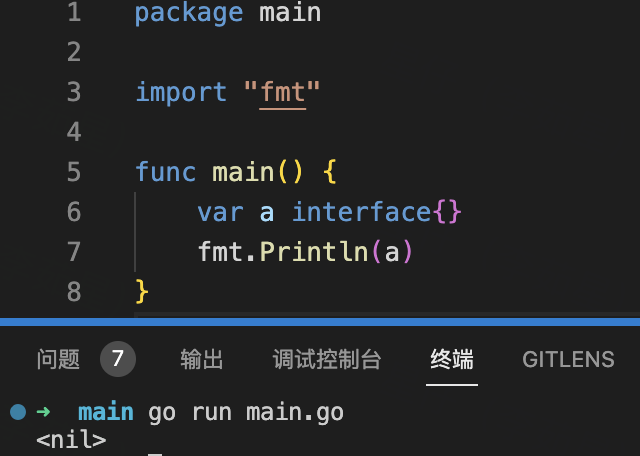
空接口interface{}没有任何方法,所以所有类型都实现了空接口,即我们可以把任何一个变量赋给空接口
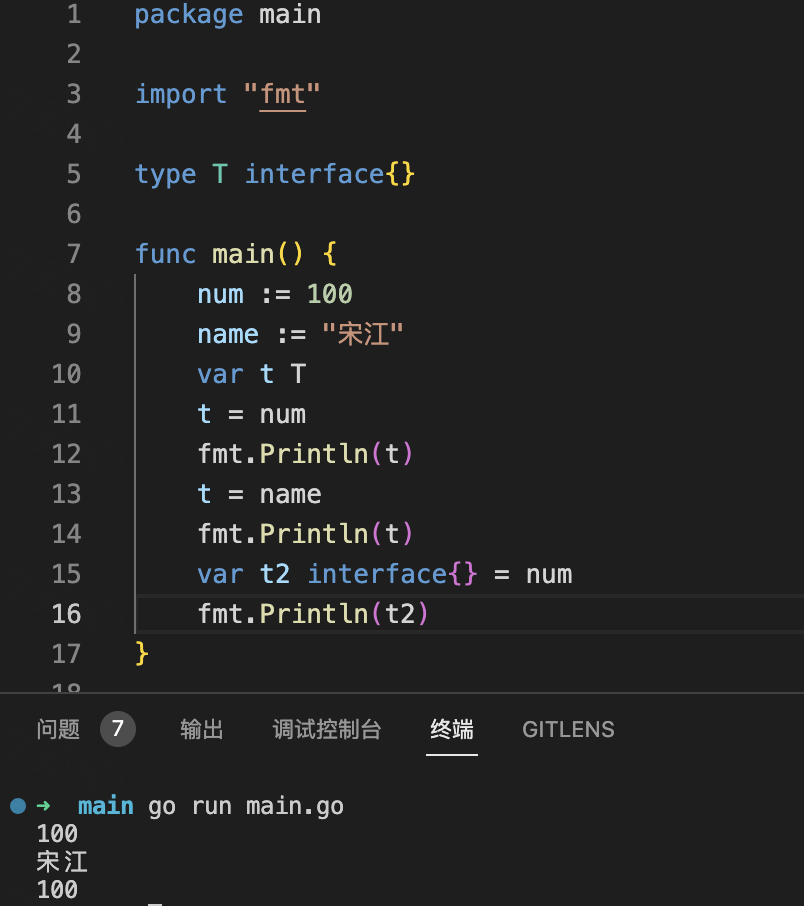
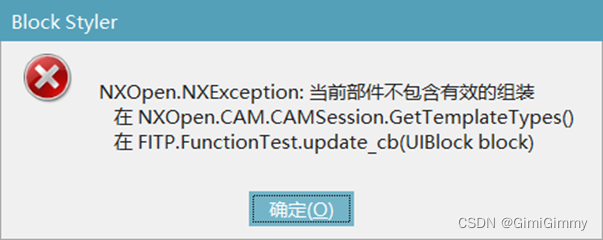
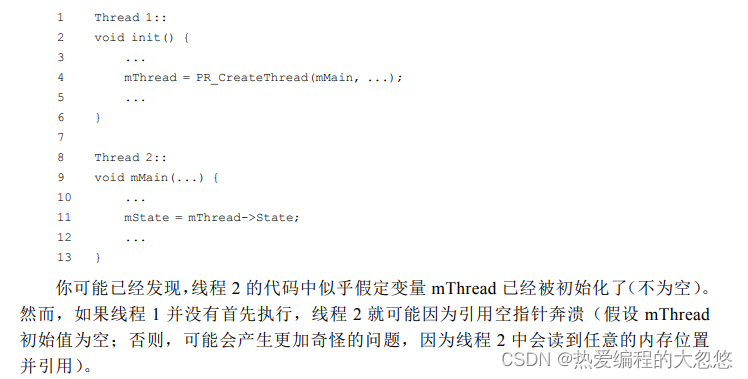
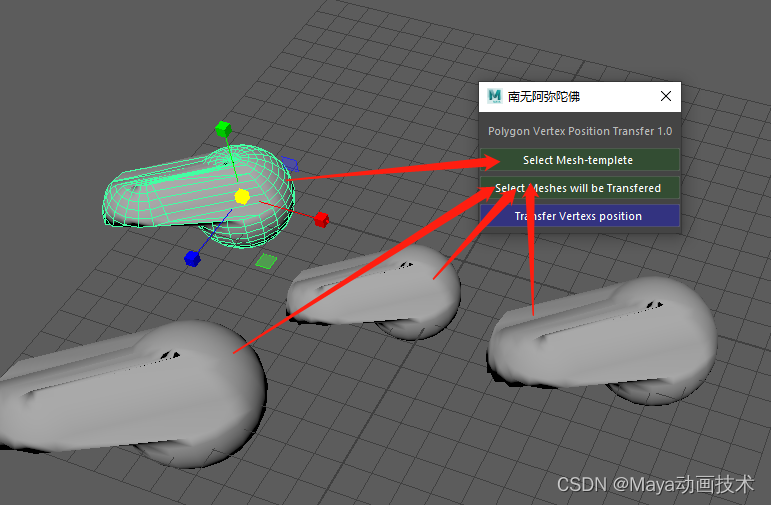


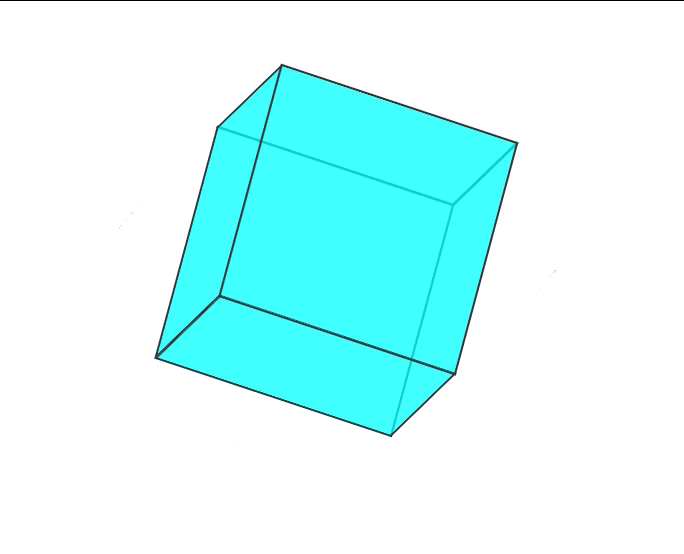
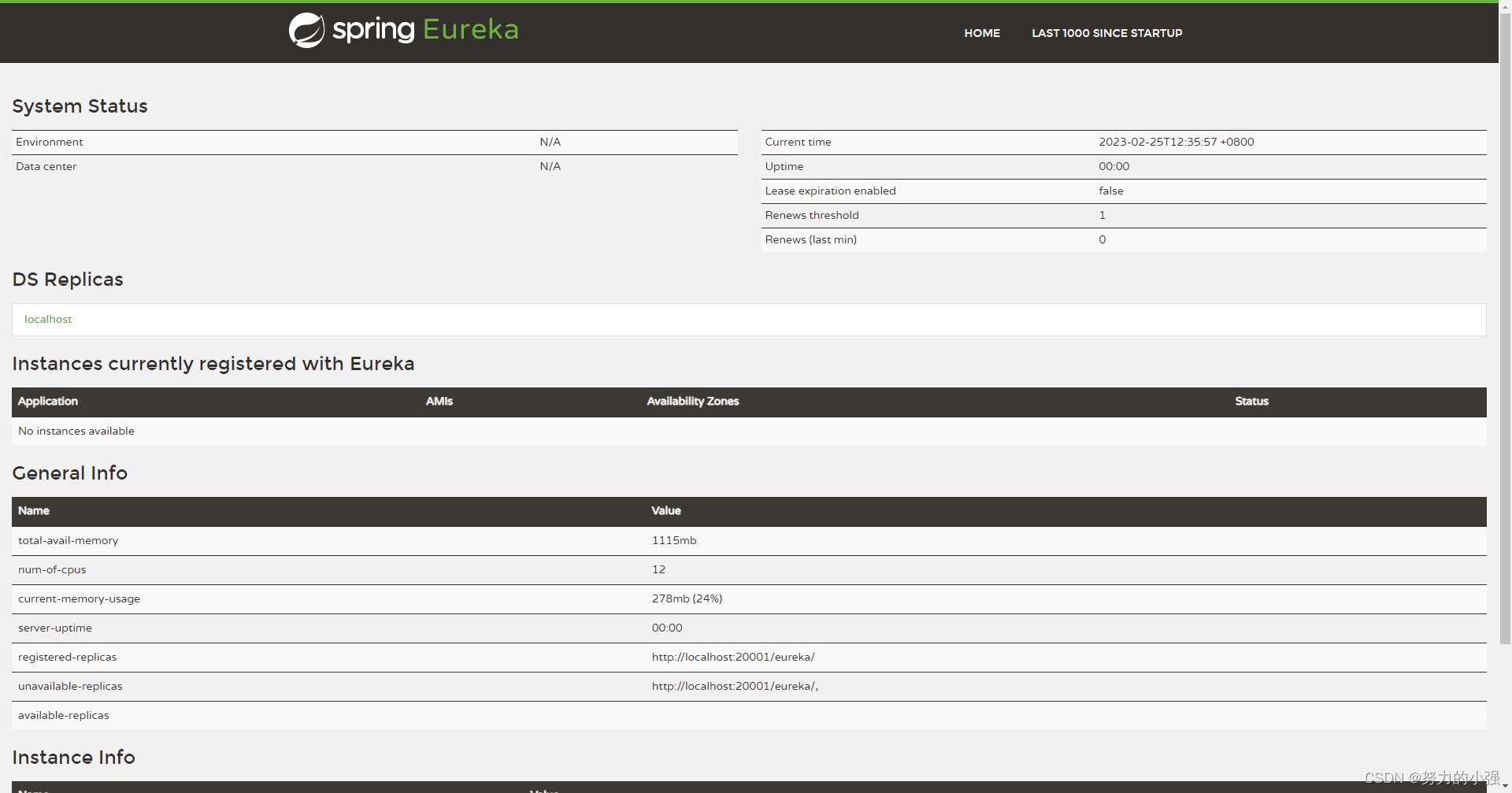




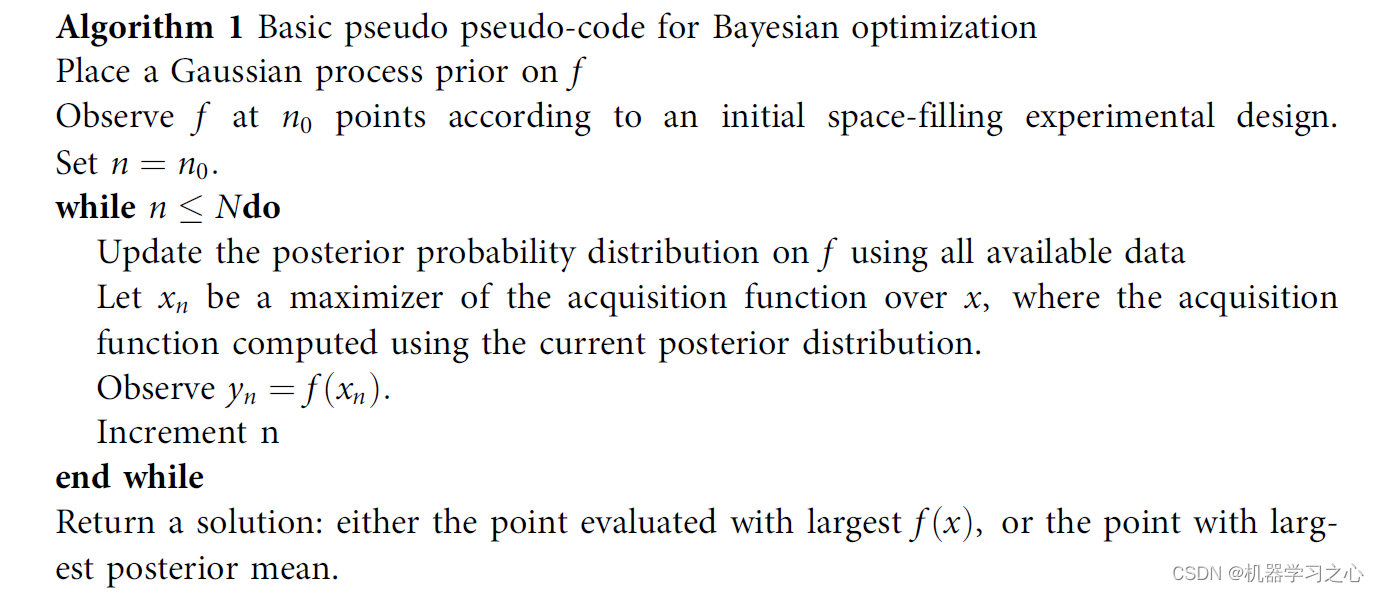

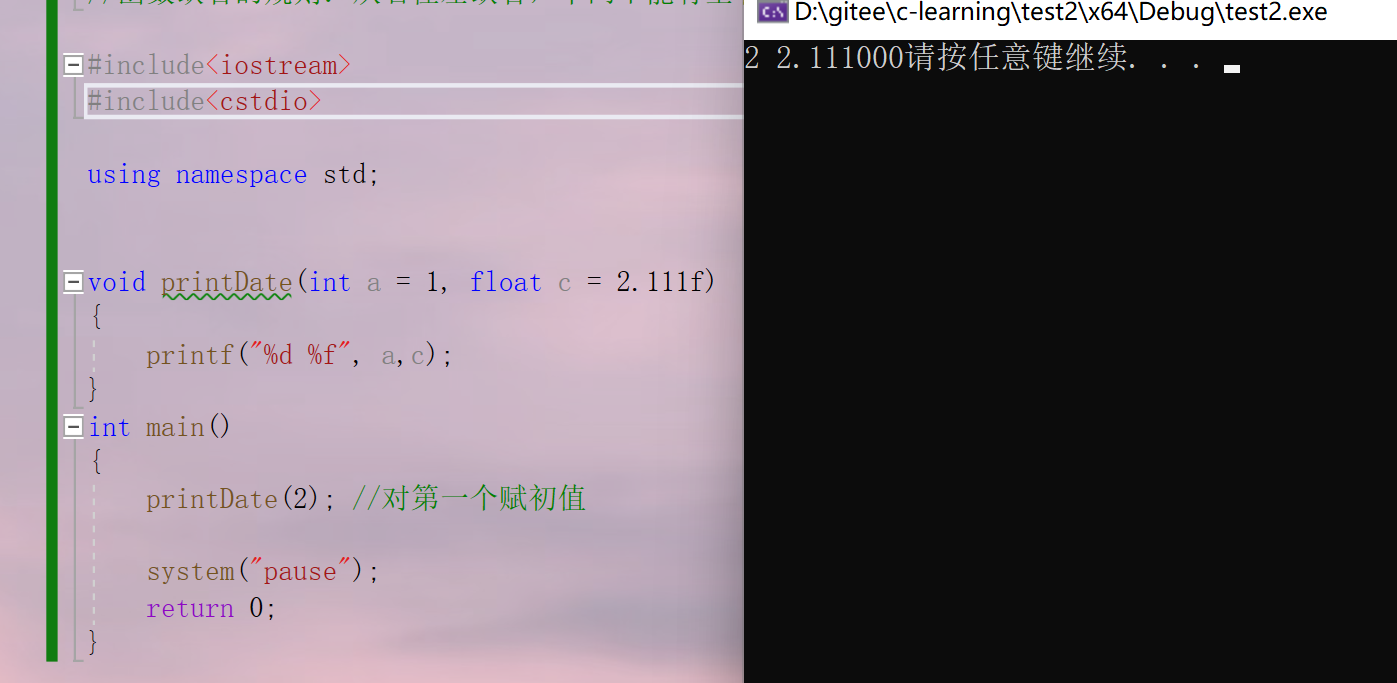

![[SCOI2005]骑士精神(C++,启发式搜索)](https://img-blog.csdnimg.cn/img_convert/bb9e313d87be36e97239d793a1e19951.png)
